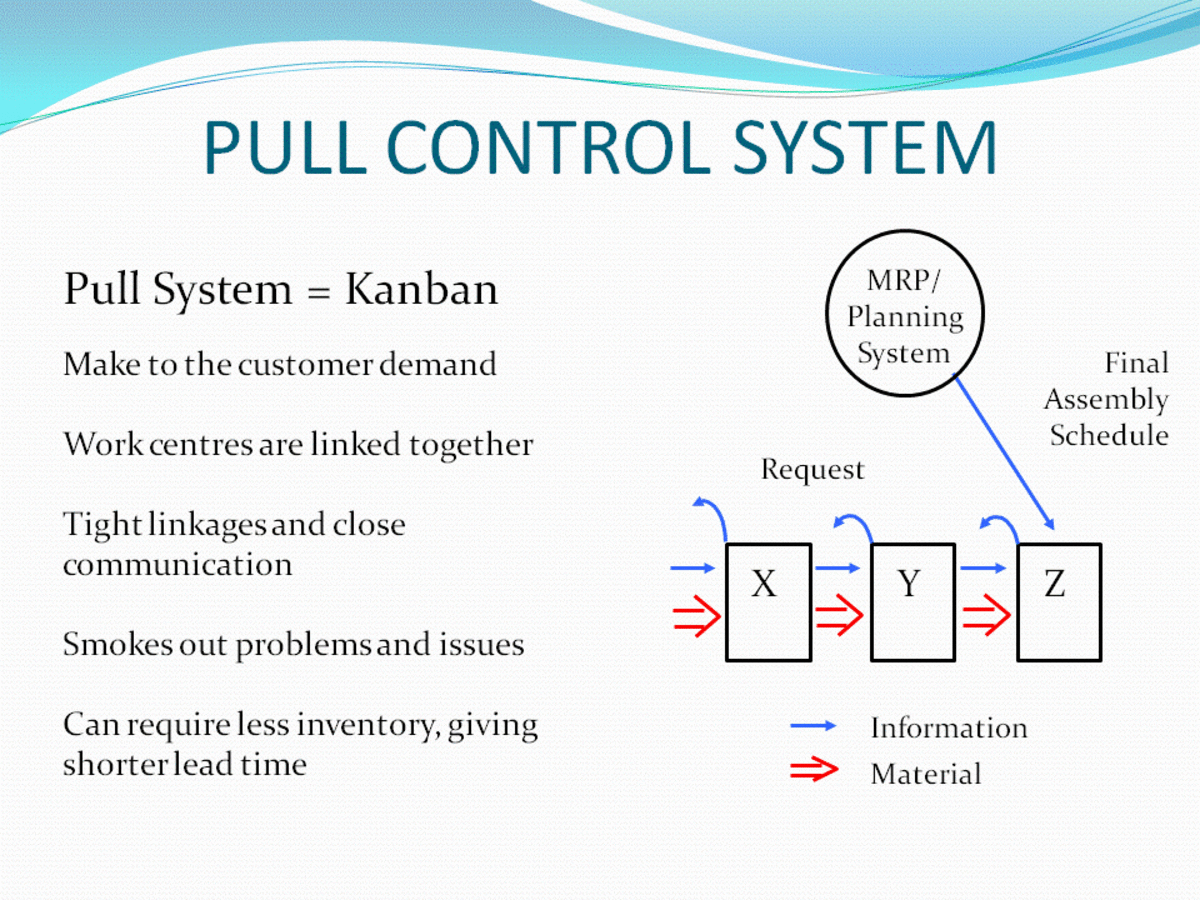The Fundamentals of Marketing (six important elements)

What exactly is marketing? Some people may simply define it as promoting a product or service. As we all know, the word “marketing” actually comes from the word “market”, which actually contains six important elements.
1. Market (M)
Do you have a target market for your product or service? Thus, in order to find out who your customers are, you will need to segment the market, for example by different age groups, income groups, gender, social status and others. No matter how good your product or service is, it is not possible to satisfy all the different needs throughout a country or the world. Do you have an idea of how large your market is? Is your market well established? Knowing who your customers are is not sufficient; you have to quantify it. You should know who your competitors are too. Simply adding up the revenue of the top 20 or 30 companies will give you an idea of how large your market is, whether your market is well established and how many competitors you face.
2. Activities (A)
You must have some kind of action or activities to promote your product or service. In other words, if there is not any activity then no marketing campaign and no effort has been put in. Some organizations have designed wonderful products and want their products to speak themselves. Organizations rarely rely solely on positive word of mouth. Thus, what activities you have in mind? This includes cold-calling customers, telemarketing, holding events, trade shows, exhibitions and others. Again, quantify all your activities, such as how many new customers you successfully obtain after cold-calling, how many events, trade shows and exhibitions you had in a year and how many leads you generated.
3. Resources (R)
Resources include money, time and manpower. Do you have enough budget to start a marketing campaign? Do you have enough time to deliver the expected result of a marketing event? Do you have enough manpower to run the marketing campaign successfully? It is important to write down a complete list of resources you need versus what you have. These resources are extremely important as they act like fuel to ensure your campaigns are successful. If you do not have enough resources then it is best not to start any campaign until you are ready. It is just like a war; you don’t pick a fight if you think the chance of winning is slim. Again, quantify your resources, such as how much money you can spend, how much time you have and how many staff are ready to work.
4. Knowledge (K)
Knowledge is the key to success. You may have enough manpower or staff, but are they well trained, knowledgeable and skillful? Do they possess enough product or service knowledge? Sales and marketing teams are important because they are the frontline staff and are the ones who first approach the customers. They should understand exactly what the customers want or need and know by heart which product or feature can resolve their issue. You can conduct a survey to quantify the feedback from customers. For example: rate the product or service on a scale of 1 to 5. However, you cannot neglect the support team because they are your “defense”. Customers call and make complaints every day and your support team faces them each day. Thus, whether the customers are going to be happy again will rely on how well your support team is. You definitely want to retain your customers for as long as you can or your marketing effort or investment is wasted. Therefore, it is important to quantify and measure how well the team is performing. For example, how many customers are successfully retained versus the number of lost customers and what is the score of your overall customer satisfaction?
5. Effectiveness (E)
Everyone wants to know how effective their marketing campaign is. They will measure the result when the campaign is finished to find out if the desirable result is met. Wrong! We should measure the effectiveness of any campaign before it is officially launched. We should select a sample or random sample to test its effectiveness before running any campaign in full force. For example, approach 50 potential customers to find out if you can convert 20% of them to be your new customers (conversion rate of 20%). If the result is not up to your expectations, you have to redesign or rework the marketing plan. You need to repeat this process for every campaign you intend to run and then prioritize your marketing campaigns or activities based on the effectiveness results. Obviously, the most effective campaigns and activities will bring you the highest revenue and with the least cost.
6. Tools (T)
What marketing tools do you need? Tools are like weapons you use in a war: for example, business cards, newsletters, coupon, voucher and brochure. Tools are not necessarily in tangible form, as they can also be intangible. The best example is a website. Different tools work differently, and their effectiveness will also be different. For example, some customers prefer online catalogs, while some prefer to read a printed brochure or booklet. Again, measure the effectiveness of the different tools you use. Each tool has a varying degree of impact on different customer groups. If you are ready to bring your revenue to the next level, you can introduce a commission scheme, which is also an intangible tool. This encourages anyone who is interested to promote and sell your product or service and get paid.
In conclusion, you need to remember the six important elements of “MARKET” before planning any marketing activities and campaigns.






